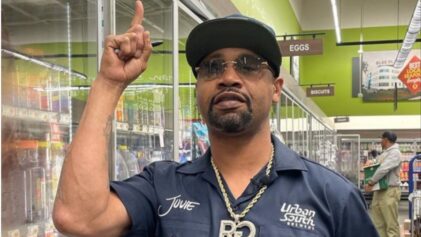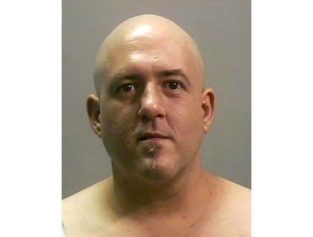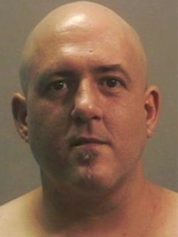Hurricane Isaac Path – As it churned toward New Orleans, Hurricane Isaac had already knocked out power for hundreds of thousands of Louisiana residents and had pushed storm surges over the 18-mile section of a rural Louisiana levee, flooding homes in the sparsely populated area.
It was a category 1 storm by the time it approached New Orleans in the early morning hours. New Orleans was braced, but not expecting damage and devastation on the scale of Hurricane Katrina, which hit the city seven years ago on the same exact date.
The deserted streets of New Orleans were pelted with rain and wind gusts in advance of the storm’s more serious work. With winds of 80 mph, Isaac came ashore at 7:45 pm last night near the mouth of the Mississippi, 70 miles southeast of New Orleans.
A spokesman for the city of New Orleans, Ryan Bernie, said the storm had caused only some minor street flooding before dawn and had knocked over some trees, but it had left roughly 125,000 customers in the city without power—though power provider Entergy put the number without power in New Orleans and its suburbs at more than 250,000.
In Mississippi, U.S. 90, the primary beachside thoroughfare, was closed in sections by storm surge flooding. In Biloxi, a foot of water covered the in-town highway for a couple of blocks. High tide was likely to bring more.
In more rural Plaquemines parish, emergency management spokesman Caitlin Campbell said sheriff’s deputies were going house-to-house getting residents who’d remained after an earlier evacuation to move to higher ground after the storm surges had topped the levee. Campbell said no injuries were reported and streets were passable.
Mississippi shut down the state’s 12 shorefront casinos and cleared out nursing homes in low-lying areas ahead of the storm.
“Isaac is the son of Abraham,” said Margaret Thomas, who was trapped for a week in her home during Katrina, yet chose to stay put this time. “It’s a special name. That means God will protect us.”
Gulf Coast officials warned of the dangers of the powerful storm but decided not to call for mass evacuations like those that preceded Katrina, which packed 135 mph winds in 2005.
“We don’t expect a Katrina-like event, but remember there are things about a Category 1 storm that can kill you,” New Orleans Mayor Mitch Landrieu said, urging people to use common sense and to stay off any streets that may flood.
Even in the midst of a storm, politics reared its ugly head when Louisiana’s Republican Gov. Bobby Jindal, who canceled his trip to the convention in Tampa, said the Obama administration’s disaster funding promise fell short of the federal help he had requested. Jindal said he wanted a promise from the federal government to be reimbursed for storm preparation costs.
“We learned from past experiences, you can’t just wait. You’ve got to push the federal bureaucracy,” Jindal said.
FEMA Administrator Craig Fugate said such requests would be addressed after the storm.
Ironically, Jindal was complaining about not getting enough federal money at the same time as his Republican colleagues were in Tampa, complaining about the excesses of government spending under Obama.


